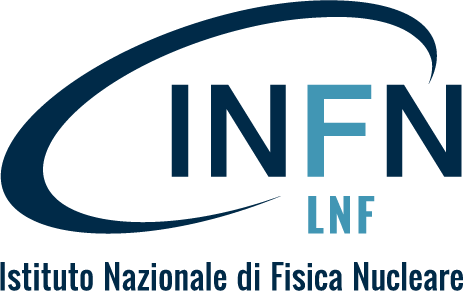Calorimetry in high-energy physics is rapidly evolving, with new specifications (e.g. higher energies, enormous particle densities) and a wide variety of technologies, both for signal creation and detection. Advances in large-area highly-segmented detectors based on, for example, silicon and scintillators, are providing possibilities for high-granularity calorimetry, providing unprecedented levels of information from particle showers. This talk focuses on one example of high-granularity calorimetry: The CMS HGCAL, being designed to replace the existing endcap calorimeters for the HL-LHC era. It is a sampling calorimeter, featuring unprecedented transverse and longitudinal readout segmentation for both electromagnetic (CE-E) and hadronic (CE-H) compartments. This will facilitate particle-flow calorimetry, where the fine structure of showers can be measured and used to enhance pileup rejection and particle identification, whilst still achieving good energy resolution. The CE-E and a large fraction of CE-H will use silicon as active detector material. The sensors will be of hexagonal shape, maximizing the available 8-inch circular wafer area. The lower-radiation environment will be instrumented with scintillator tiles with on-tile SiPM readout. This concept borrows heavily from designs produced by the CALICE collaboration – calorimetry for ILC etc. – but the challenges of such a detector at a hadron collider are considerably larger than at the ILC. In addition to the hardware aspects, the reconstruction of signals – both online for triggering and offline – is a quantum leap from existing detectors. We present the ideas behind the HGCAL, its current status including design and expected performance, and the challenges ahead.

- Questo evento è passato.
 INFN-LNF Laboratori Nazionali di Frascati
INFN-LNF Laboratori Nazionali di Frascati